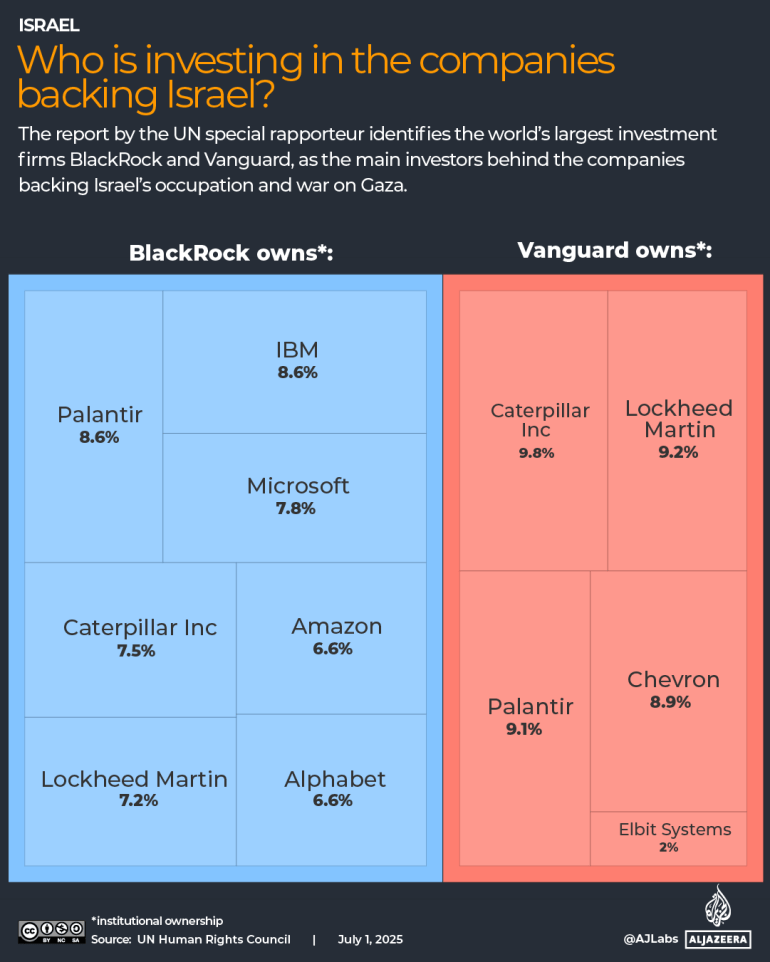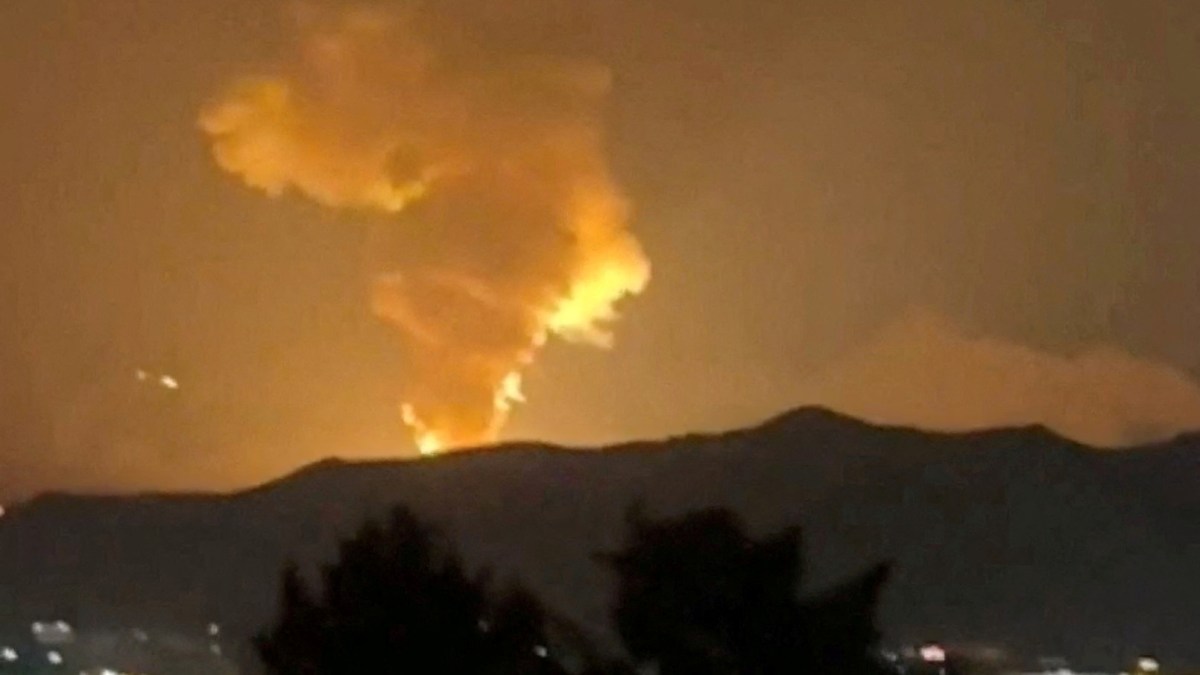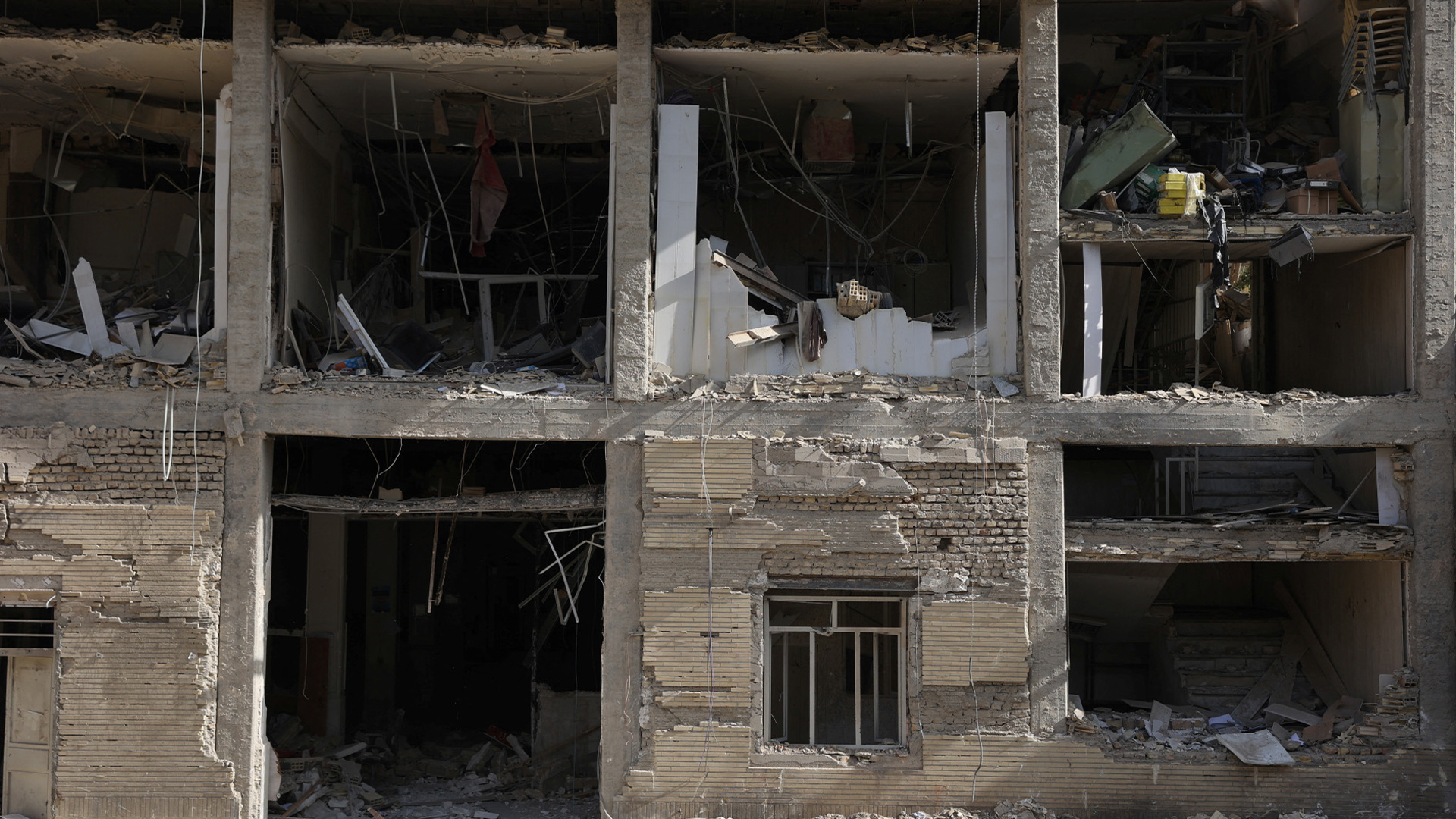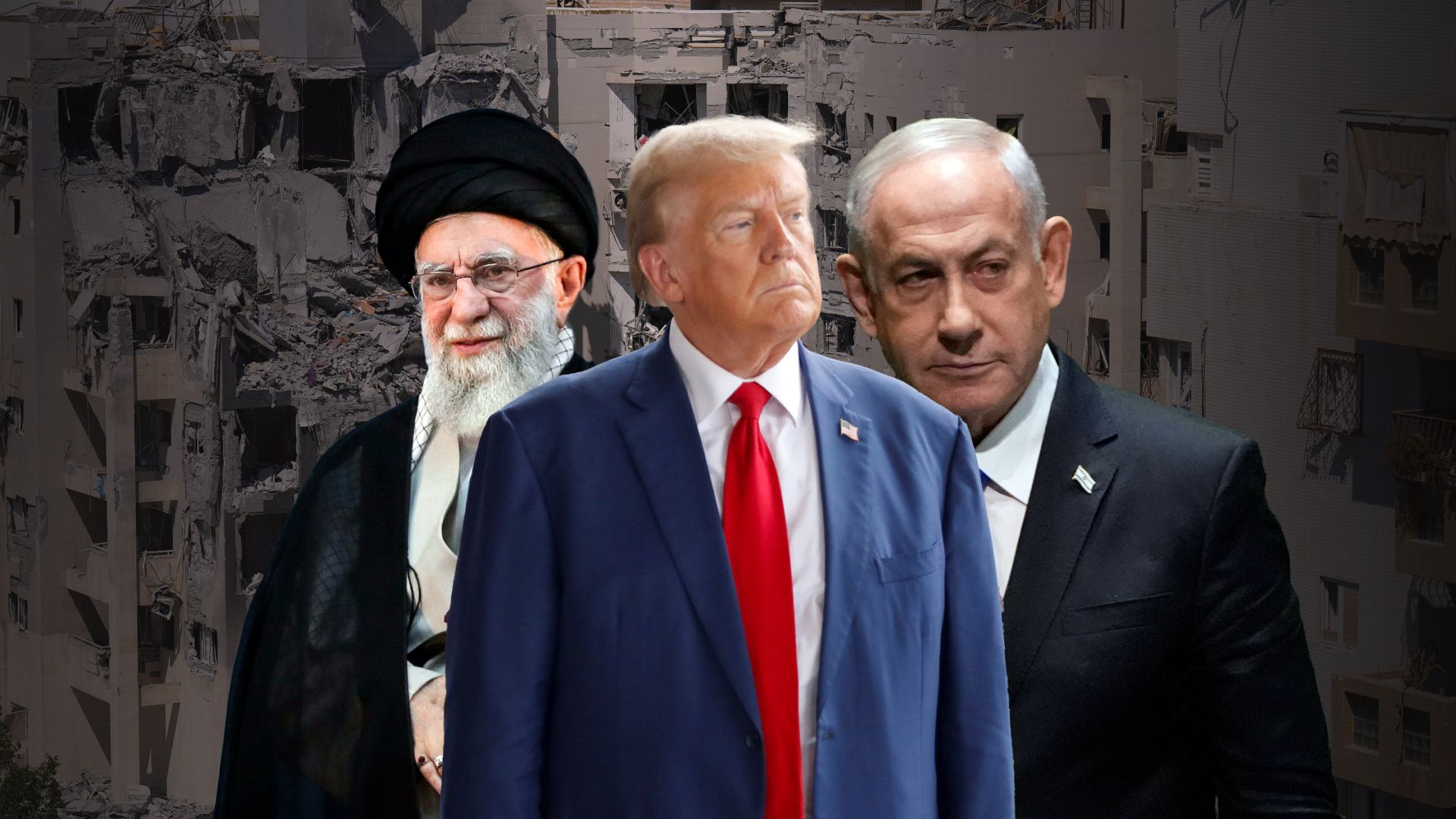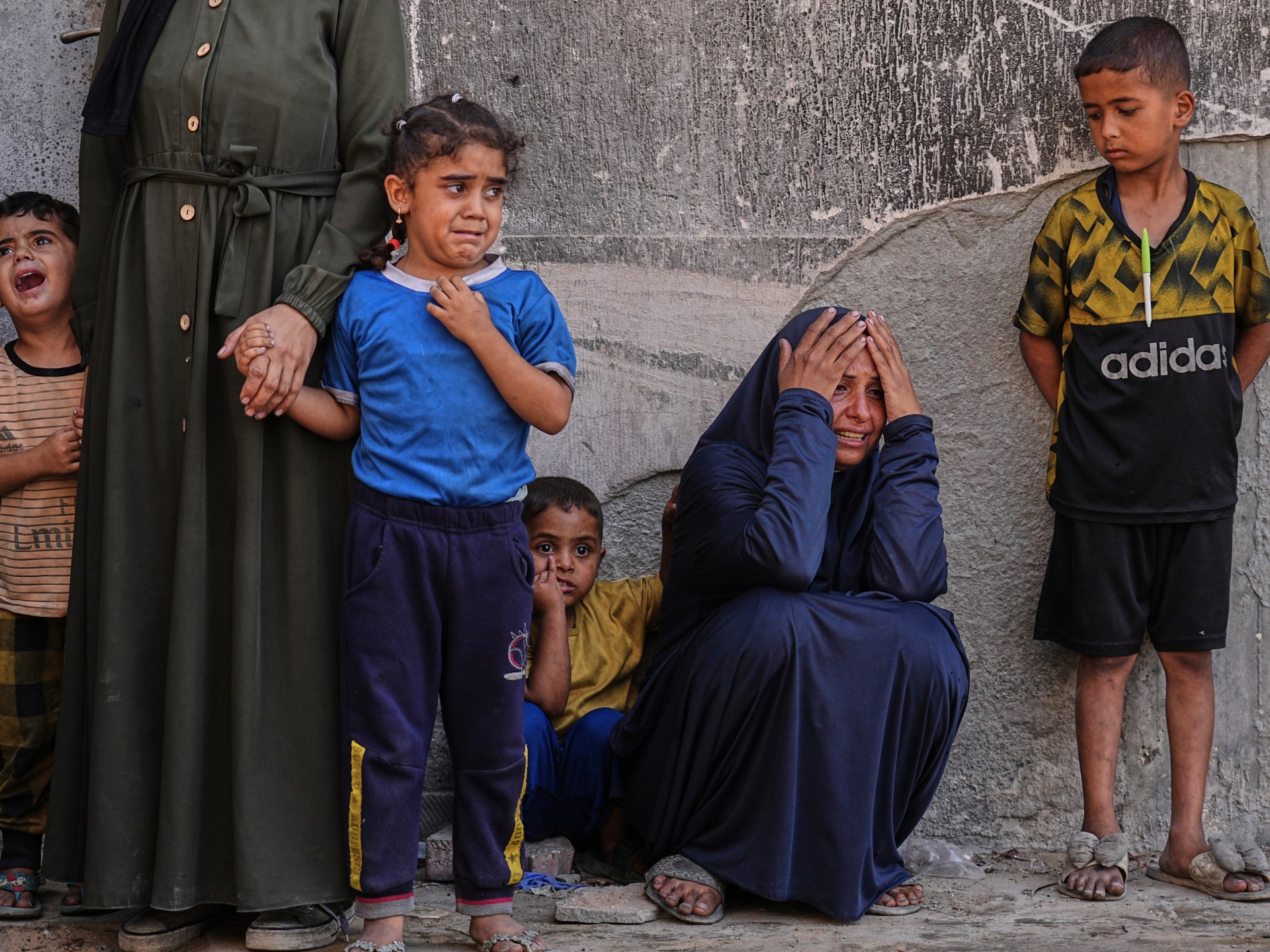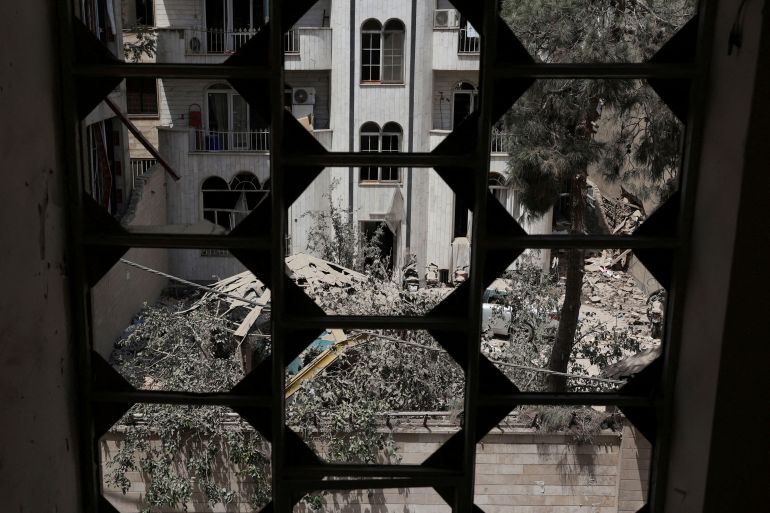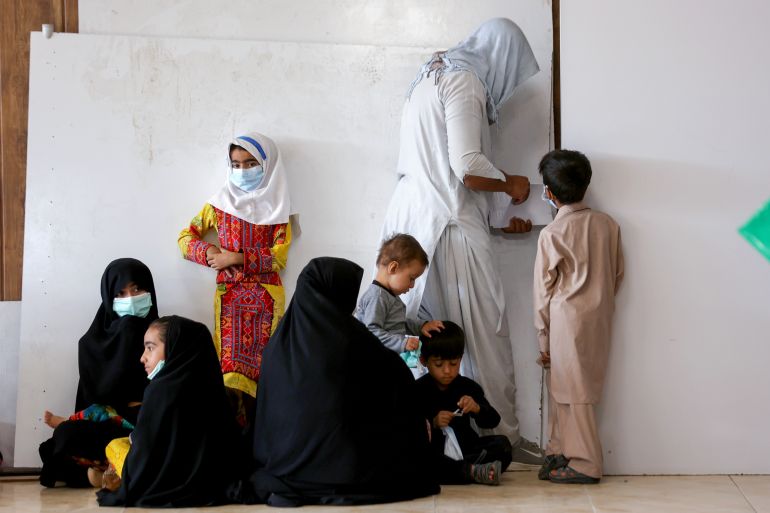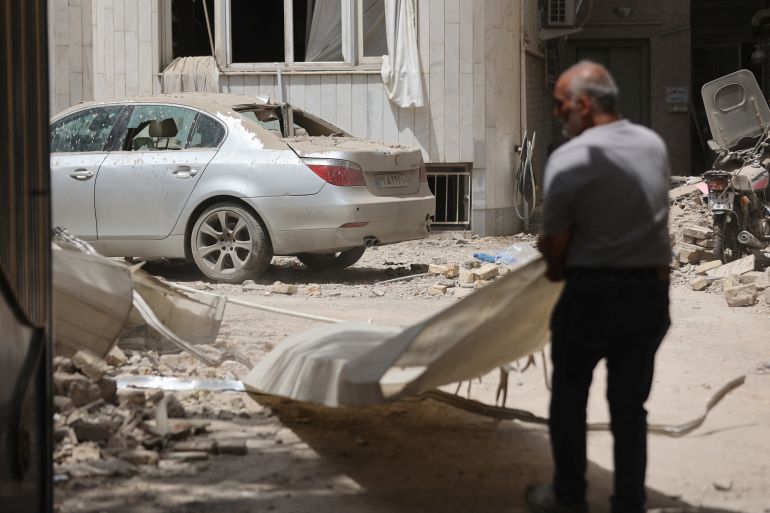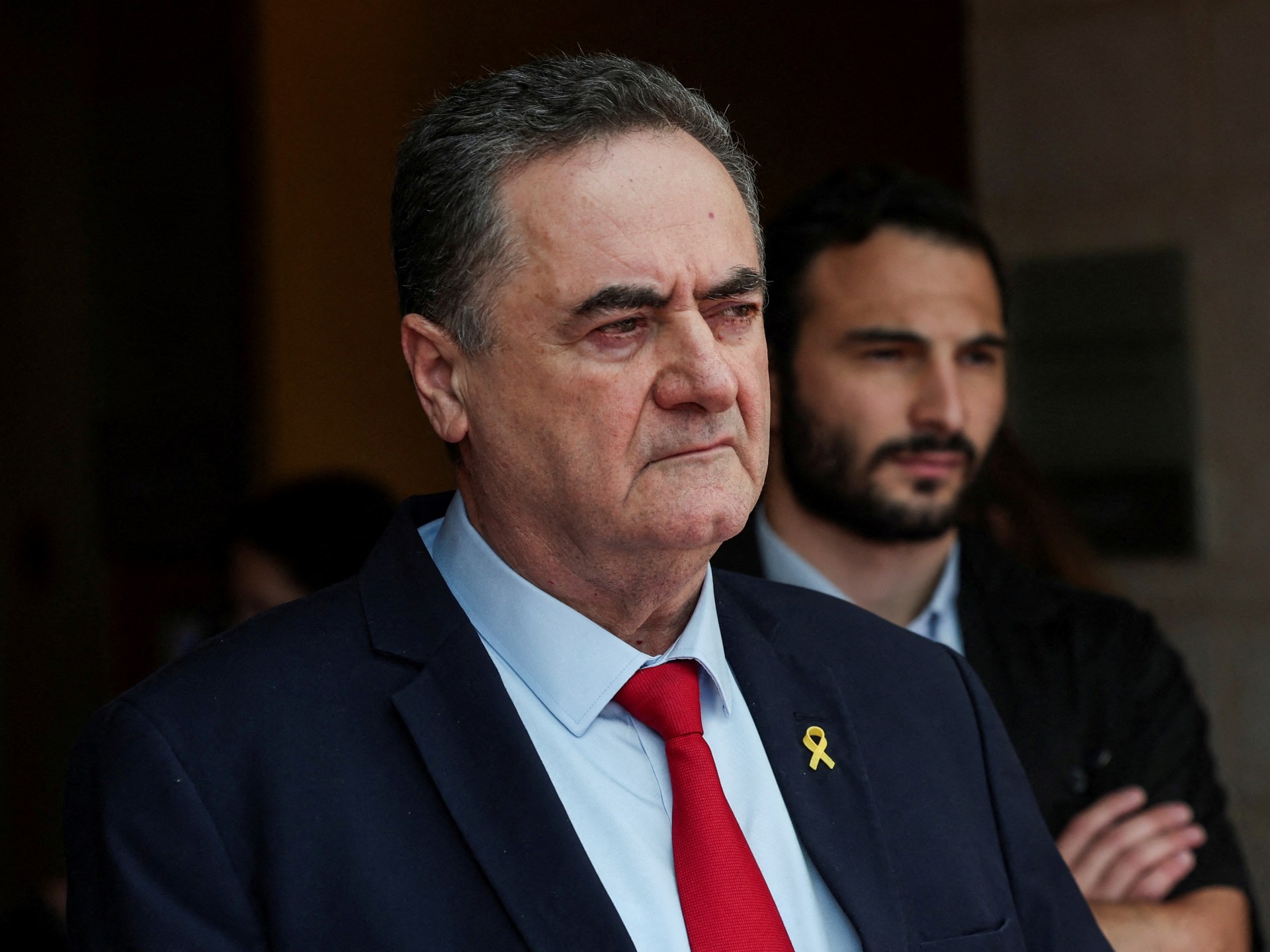Death toll in Israel’s war on Gaza surpasses 60,000 | Israel-Palestine conflict News
At least 60,034 Palestinians have been killed by Israeli forces since the war on Gaza erupted in October 2023, according to the enclave’s Ministry of Health.
The grim milestone was reached on Tuesday, with medical sources telling Al Jazeera that at least 62 Palestinians, including 19 aid seekers, have been killed since dawn, despite “pauses” in fighting to deliver essential humanitarian aid.
Local accounts indicate that Israel used booby-trapped robots, as well as tanks and drones, in what residents describe as one of the bloodiest nights in recent weeks, said Al Jazeera’s Tareq Abu Azzoum, reporting from Deir el-Balah in central Gaza.
“This is a sign of a possible imminent Israeli ground manoeuvre, although Israel has not yet confirmed the objectives of the attack,” he said.

The latest attacks come as the “worst-case scenario of famine” is unfolding in Gaza, according to a new report by the Integrated Food Security Phase Classification (IPC), a global hunger monitoring system.
“Latest data indicates that famine thresholds have been reached for food consumption in most of the Gaza Strip and for acute malnutrition in Gaza City,” it said in the report.
“Amid relentless conflict, mass displacement, severely restricted humanitarian access, and the collapse of essential services, including healthcare, the crisis has reached an alarming and deadly turning point,” the IPC document added.
Food consumption has sharply deteriorated, with one in three individuals going without food for days at a time, it said.
Malnutrition rose rapidly in the first half of July, with more than 20,000 children being admitted for treatment for acute malnutrition between April and mid-July. More than 3,000 of them are severely malnourished.
The IPC alert comes against the backdrop of its latest analysis released in May, which projected that by September, the entire population of Gaza would face high levels of acute food shortages, with more than 500,000 people expected to be in a state of extreme food deprivation, starvation, and destitution, unless Israel lifts its blockade and stops its military campaign.

Israel’s genocidal war on Gaza and humanitarian blockade, which it lifted partially in March, continues to plunge the Palestinian territory into an increasingly dire malnutrition crisis as at least 147 people, including 88 children, have died from malnutrition since the start of the war, the Health Ministry said on Monday.
Starvation is affecting all sectors of the population, with Sima Bahous, the executive director of UN Women, saying one million women and girls in Gaza face the “unthinkable choice” of starving or risking their lives while searching for food.
“This horror must end,” Bahous said in a social media post, calling for unhindered access of humanitarian aid into the Strip, the release of captives and a permanent ceasefire.
Babies particularly affected
Medical staff at Gaza’s hospitals are seeing babies severely malnourished “without muscles and fat tissue, just the skin over the bone”, the director of paediatrics and maternity at Nasser Hospital, Ahmed al-Farra, told Al Jazeera.
The long-term consequences of malnutrition for babies, infants and children are severe as they are still developing their central nervous system during the first three years of their lives, said al-Farra.
Babies who have been malnourished will not have the required folic acid, B1 complex and polyunsaturated fatty acids that are essential for the composition of the central nervous system.
Al-Farrah said malnutrition can affect cognitive development in the future, make it hard for a child to read and write, and lead to depression and anxiety.
Tanya Haj Hassan, a doctor with the NGO Doctors Without Borders (MSF), explains that serious health risks remain even after food becomes available again.
“The reality is the problem doesn’t end when the food arrives … malnutrition impacts all aspects of the body’s function,” Hassan told Al Jazeera.
“All of the cells in your body are altered by this. In the intestines, the cells die. That results in issues with absorption, with bacteria. Your pancreas struggles; absorbing fats is difficult.
“Your heart cells become weak and thinned. The connections are impacted, the heart rate slows. These children often die of heart failure, even when they’re being refed,” she added.
“They also have life-threatening shifts in salts; these can also lead to fatal heart rhythms. They’re more prone to sepsis and shock,” the doctor said, in reference to oral rehydration salt solutions, which are usually administered to people suffering from malnutrition.
“[Patients can face] low blood pressure, skin lesions, hypothermia, fluid overload, infection, vitamin deficiencies that can affect vision and bone.”
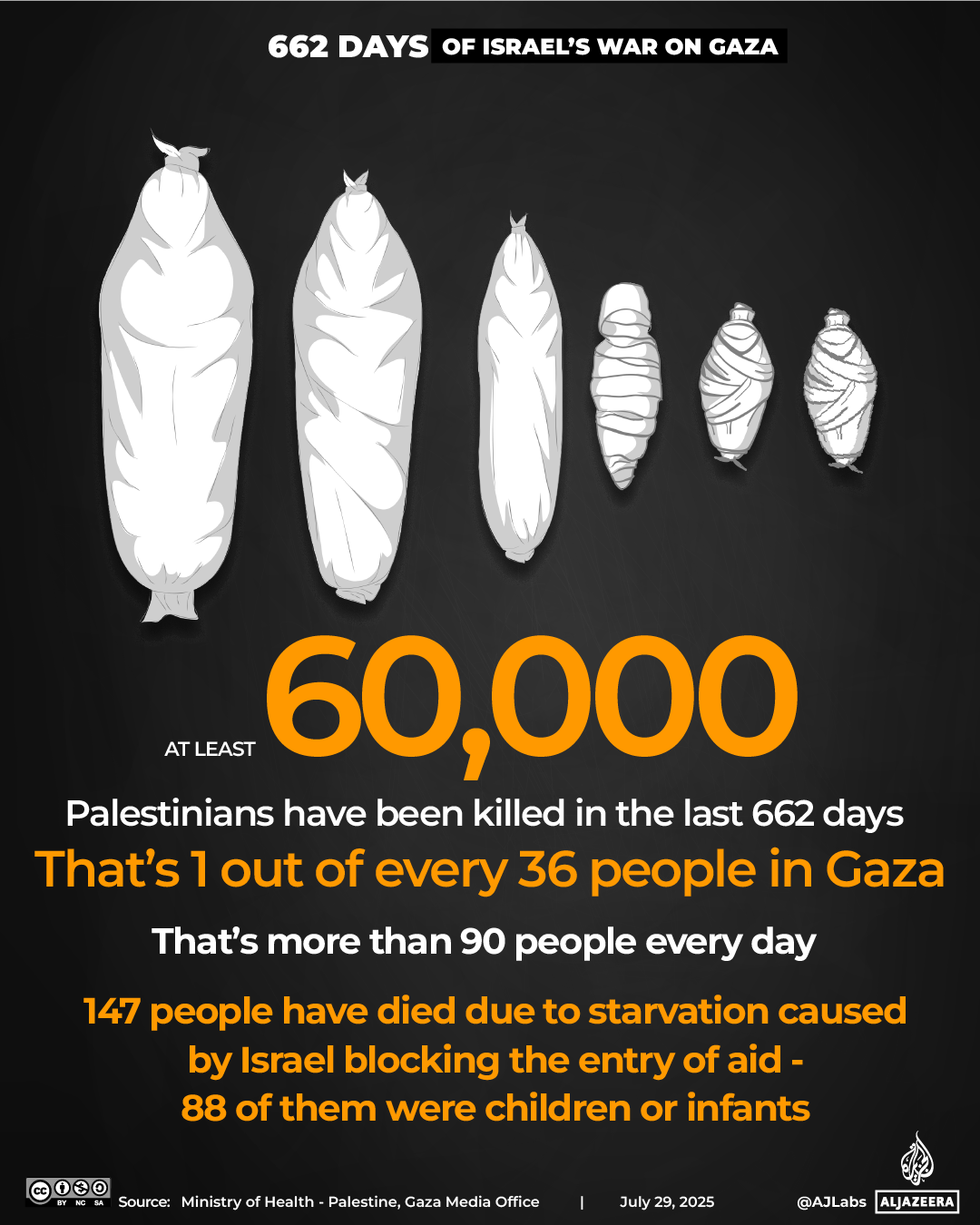

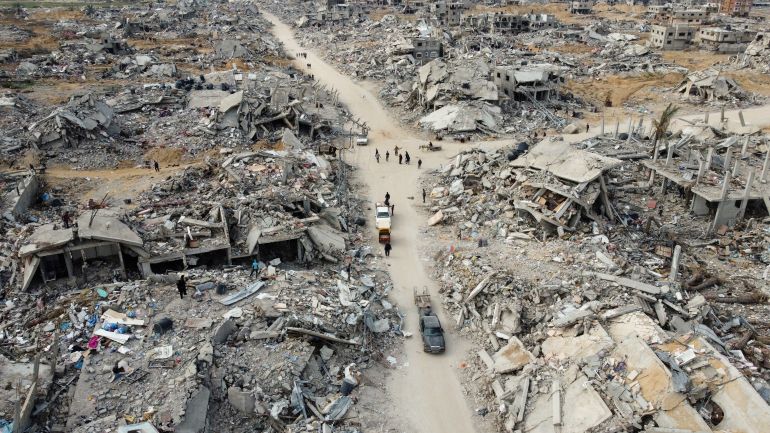
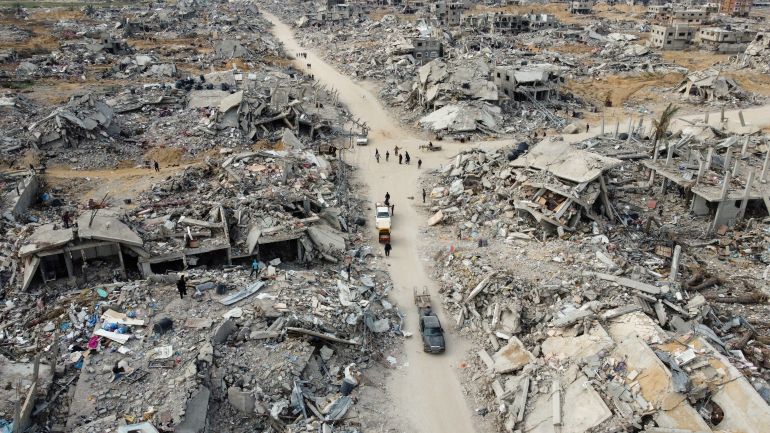
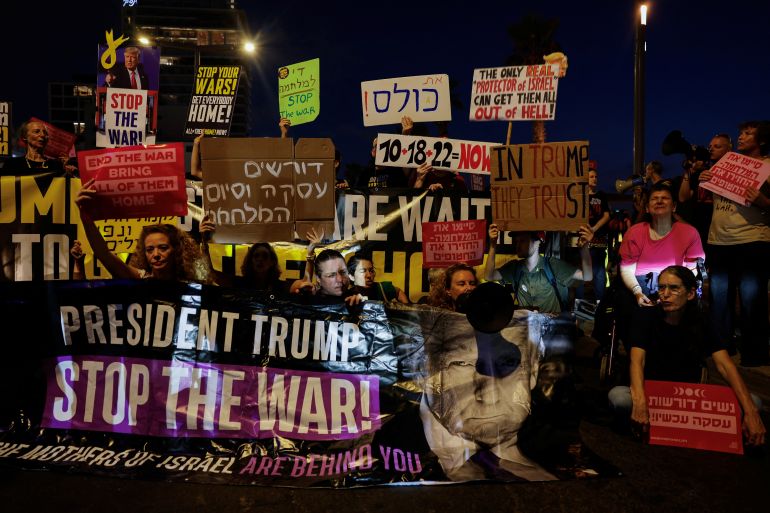
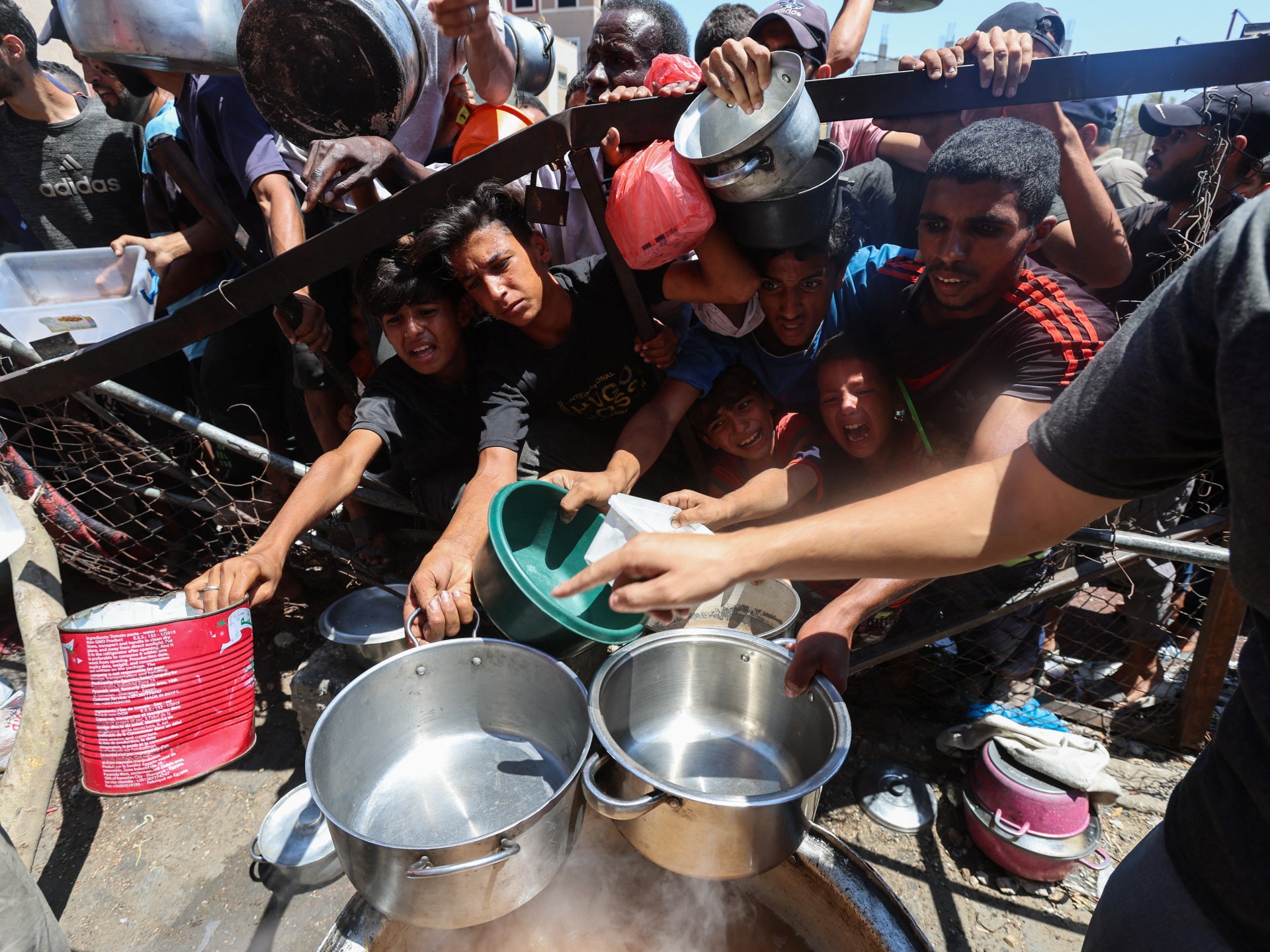
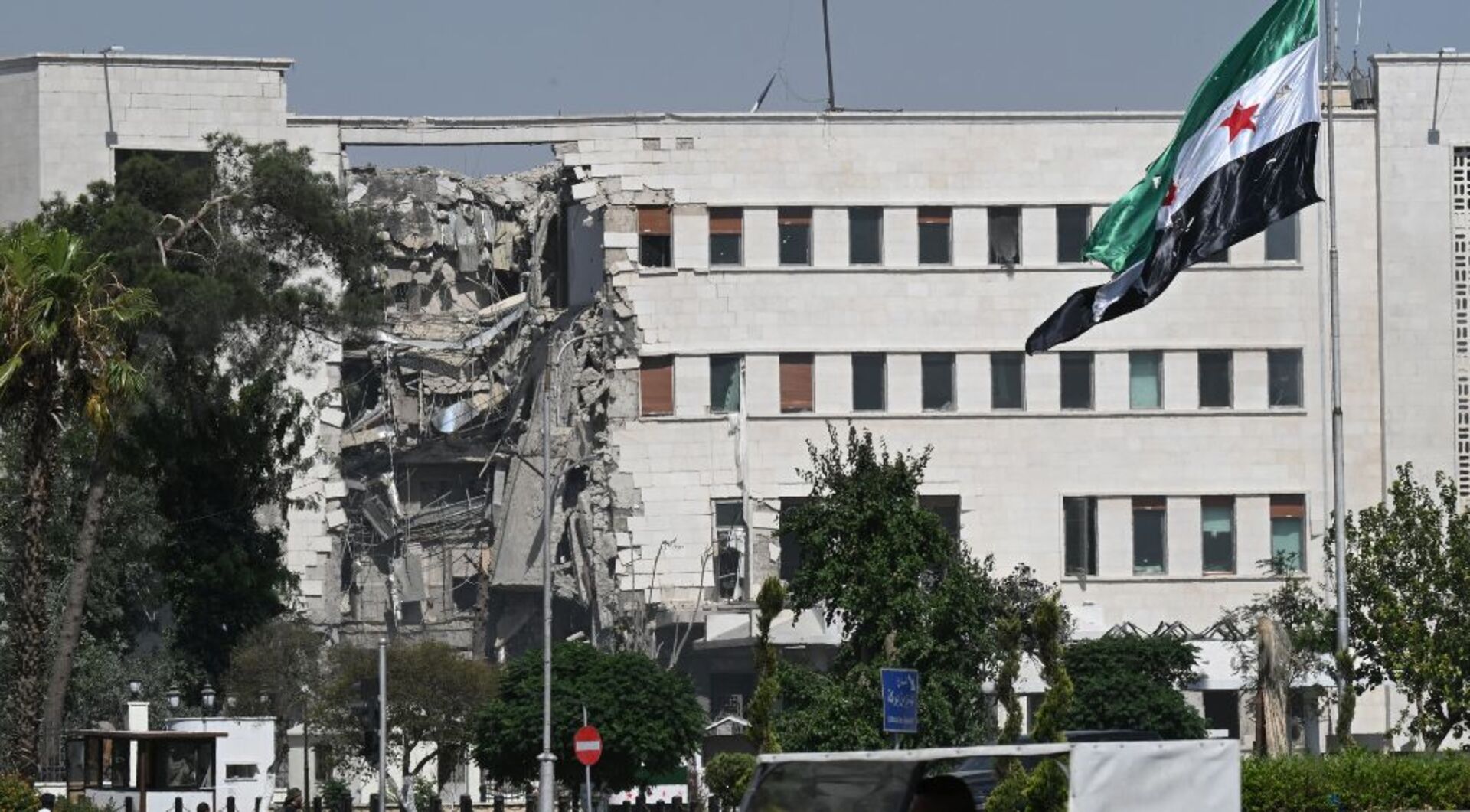
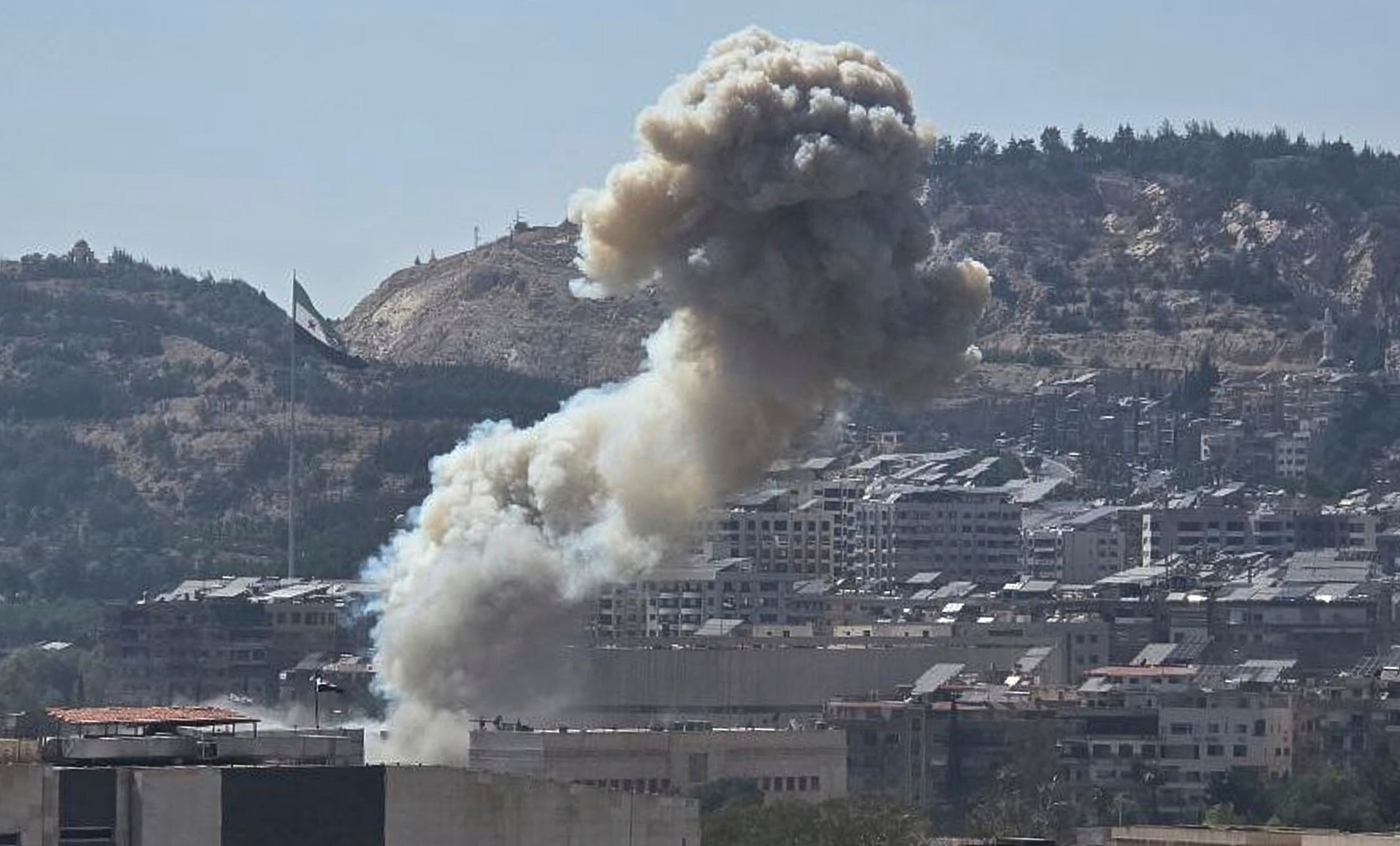
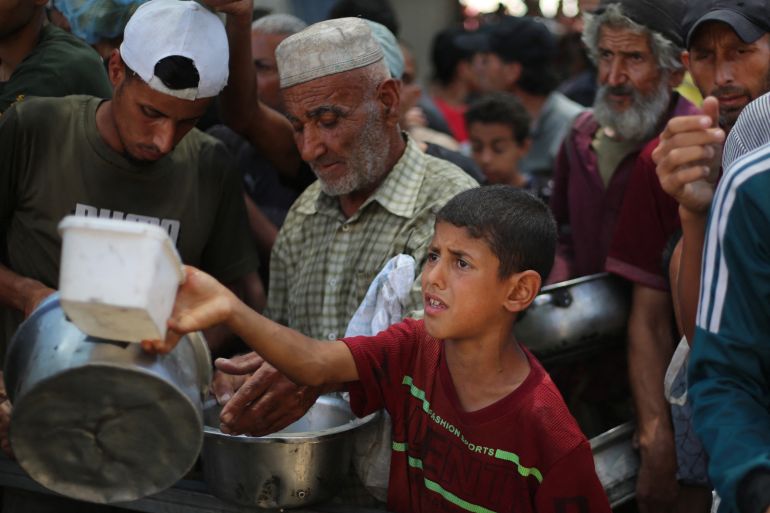

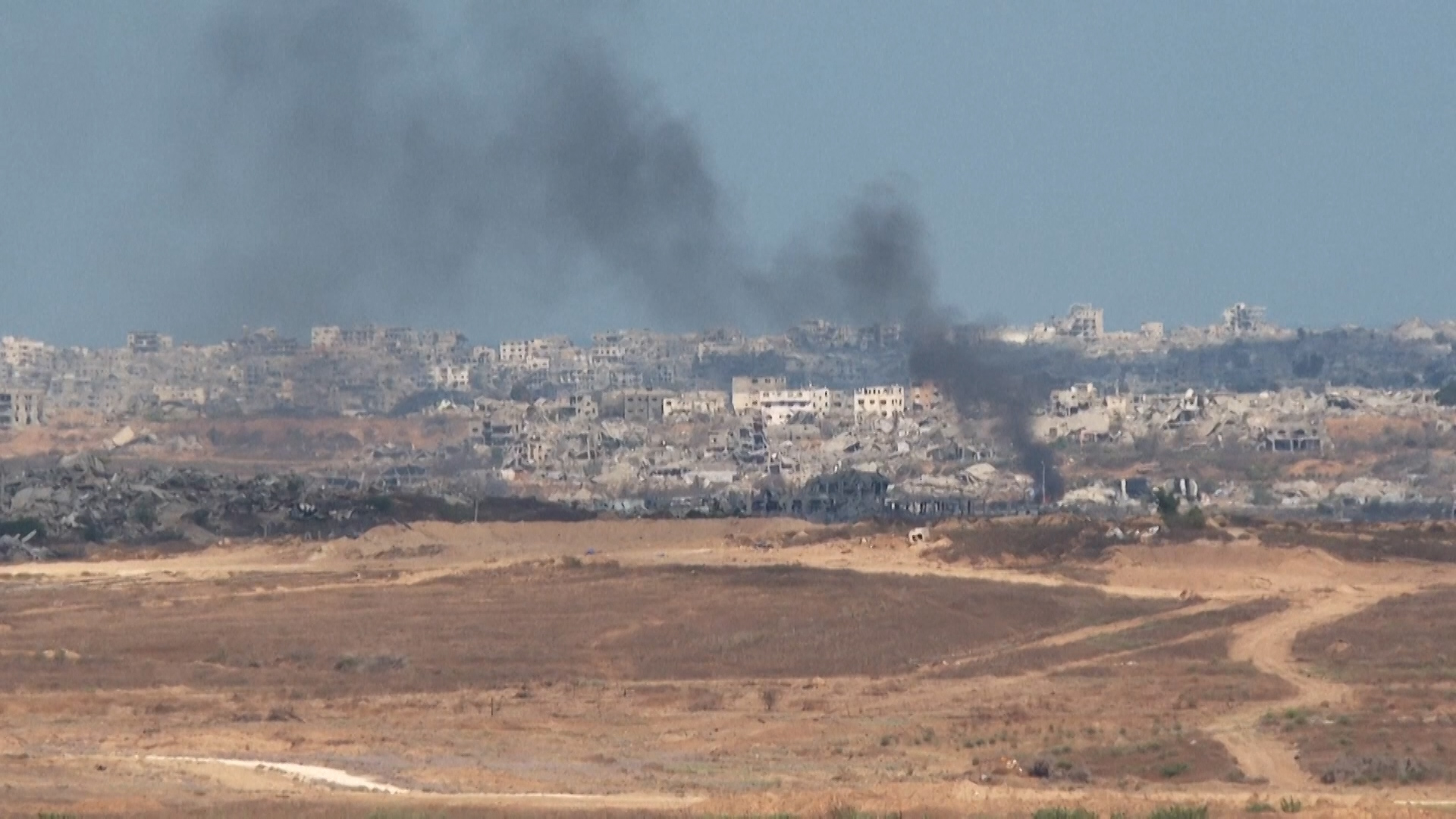
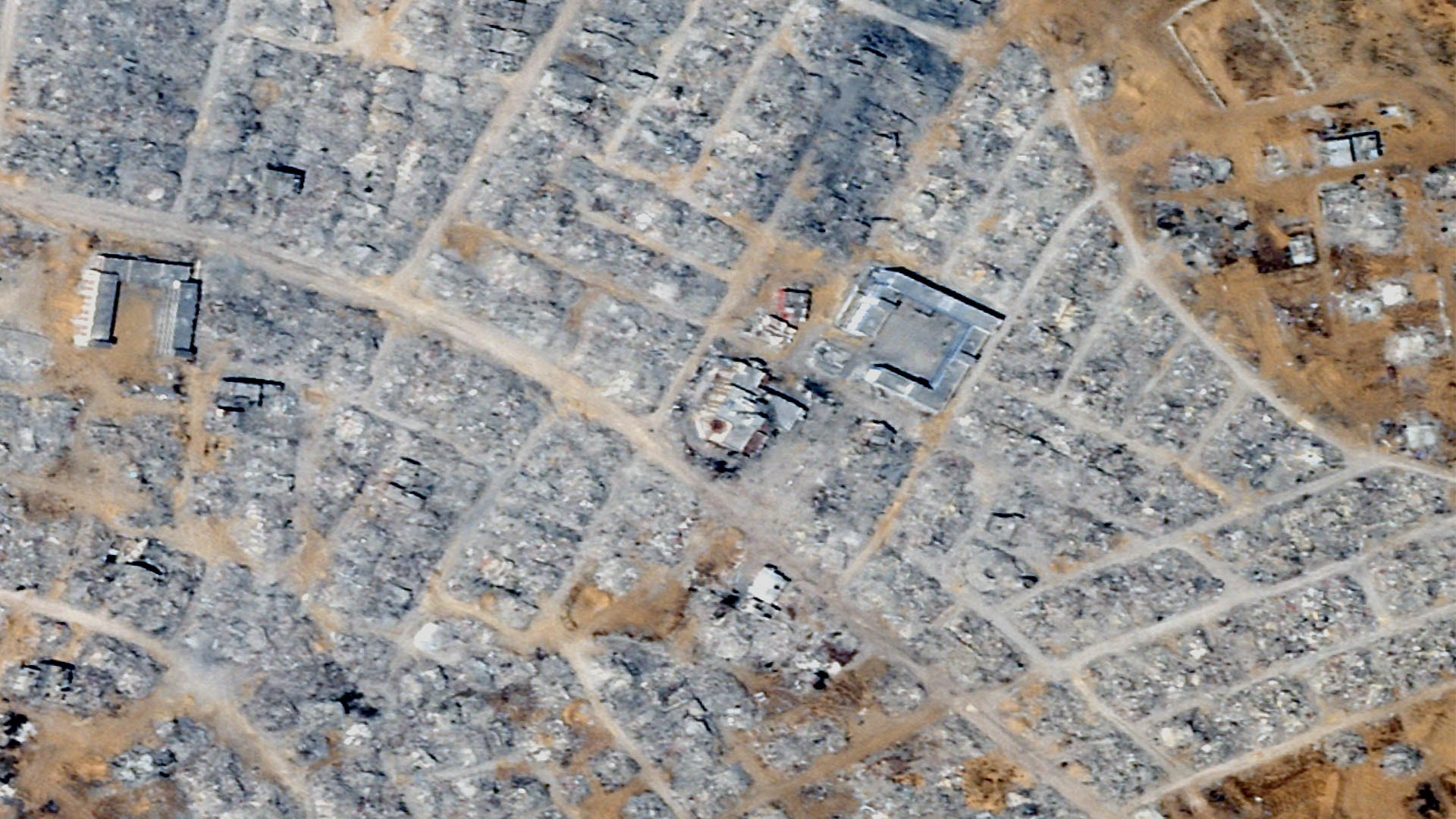
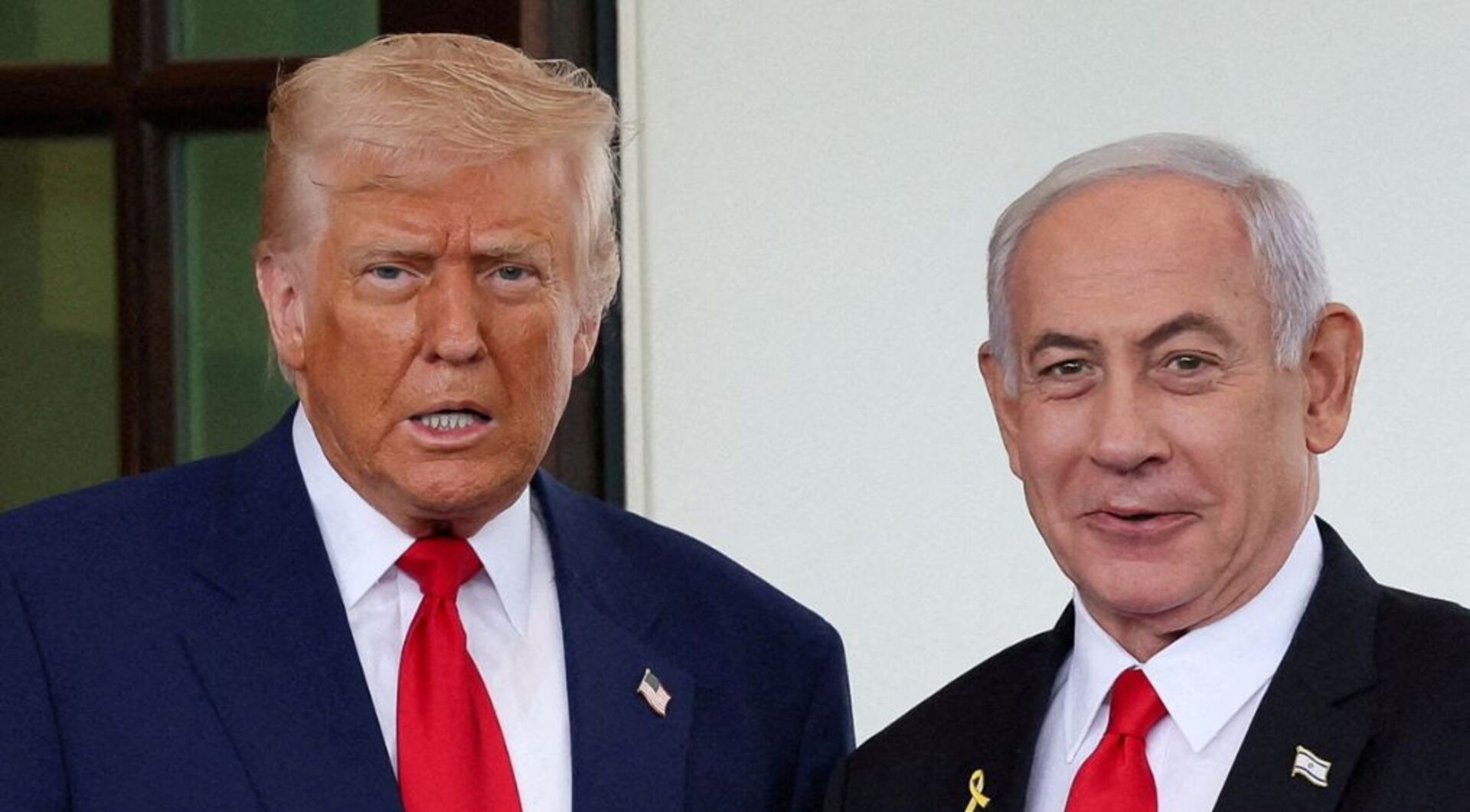


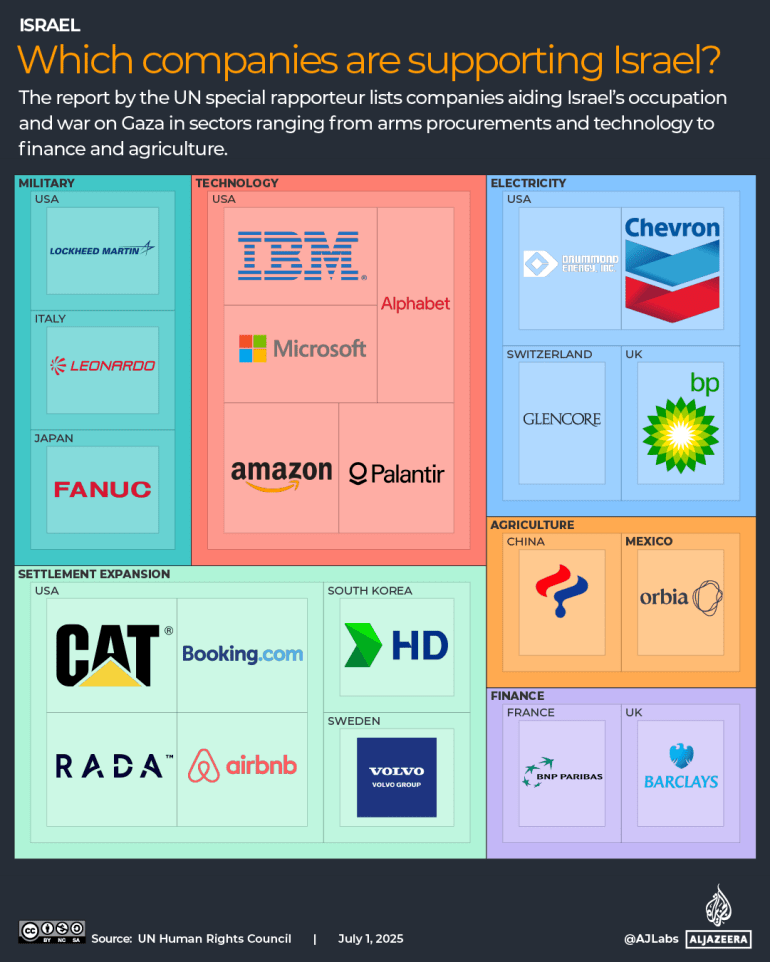
![[AL Jazeera]](https://www.occasionaldigest.com/wp-content/uploads/2025/07/INTERACTIVE-UN-ISRAEL-COMPANIES-1-1751388779.png)
